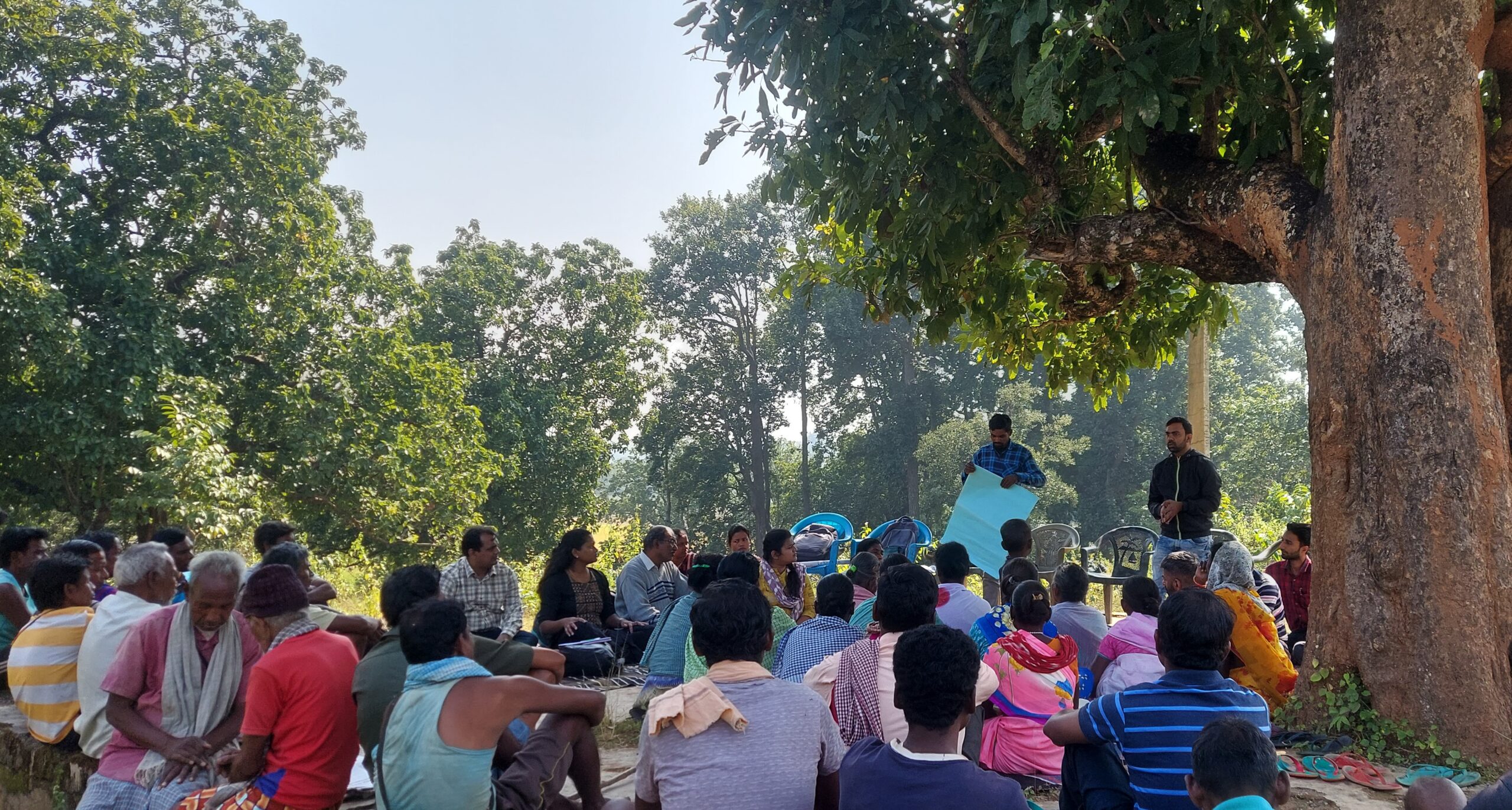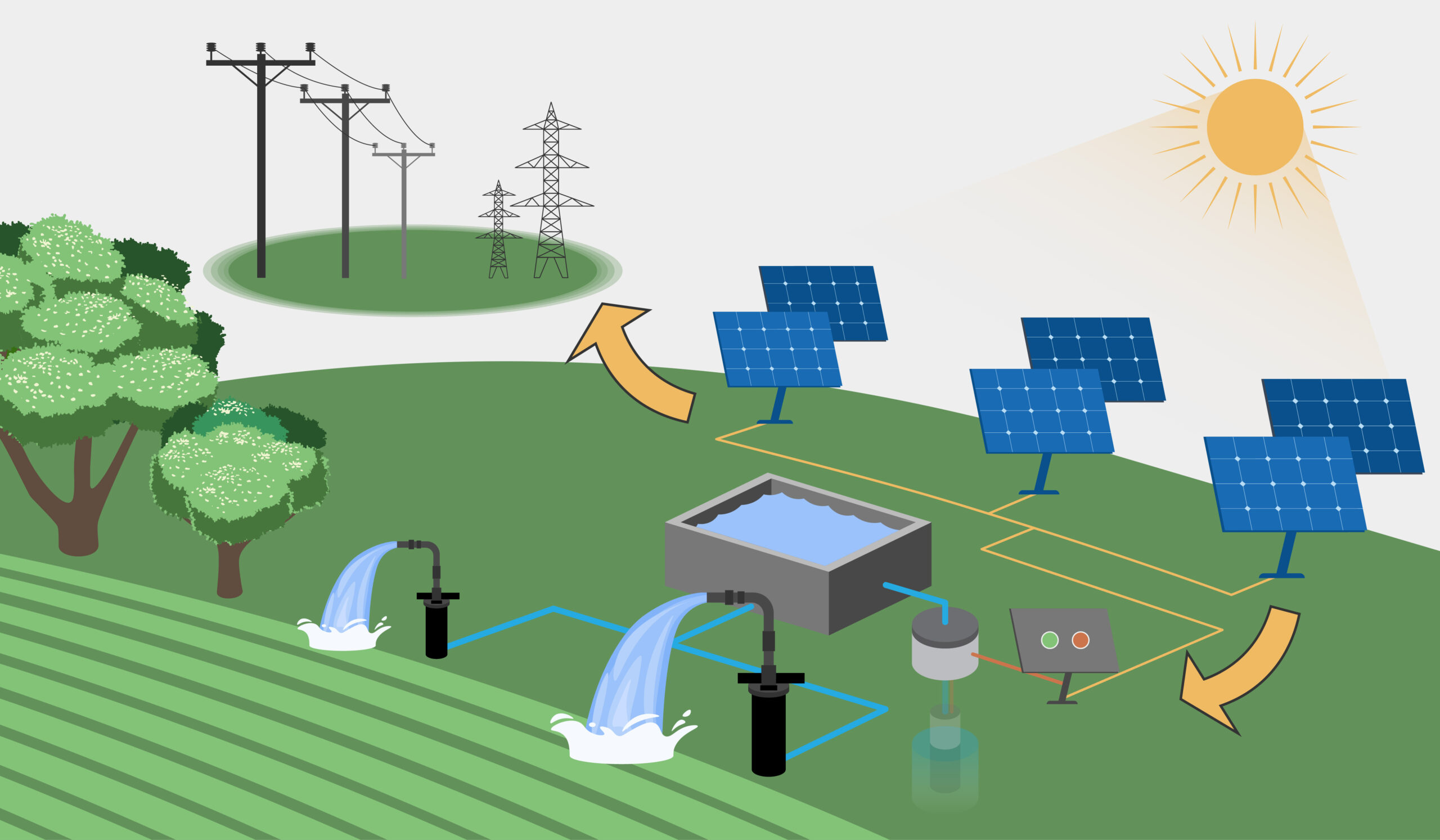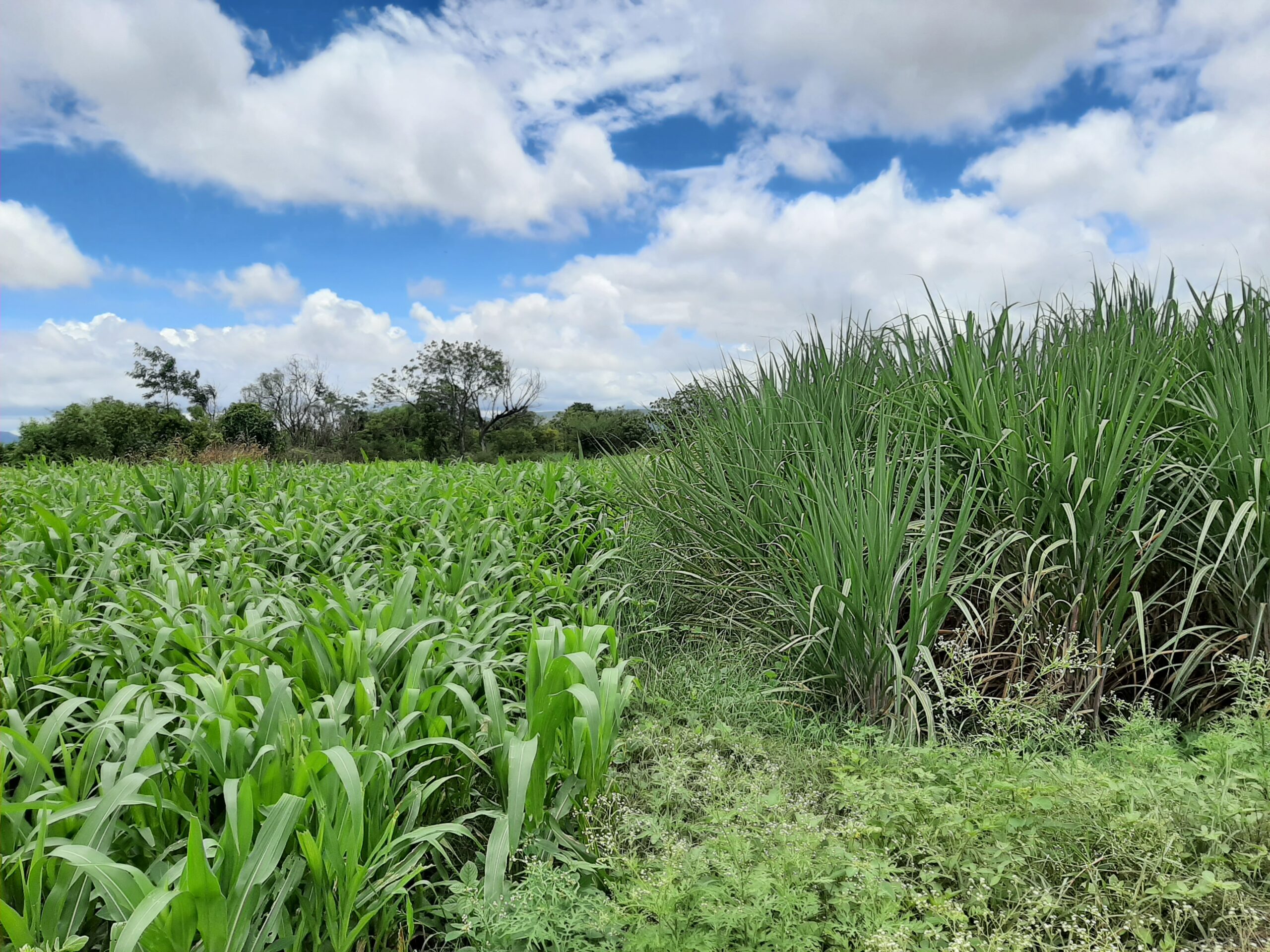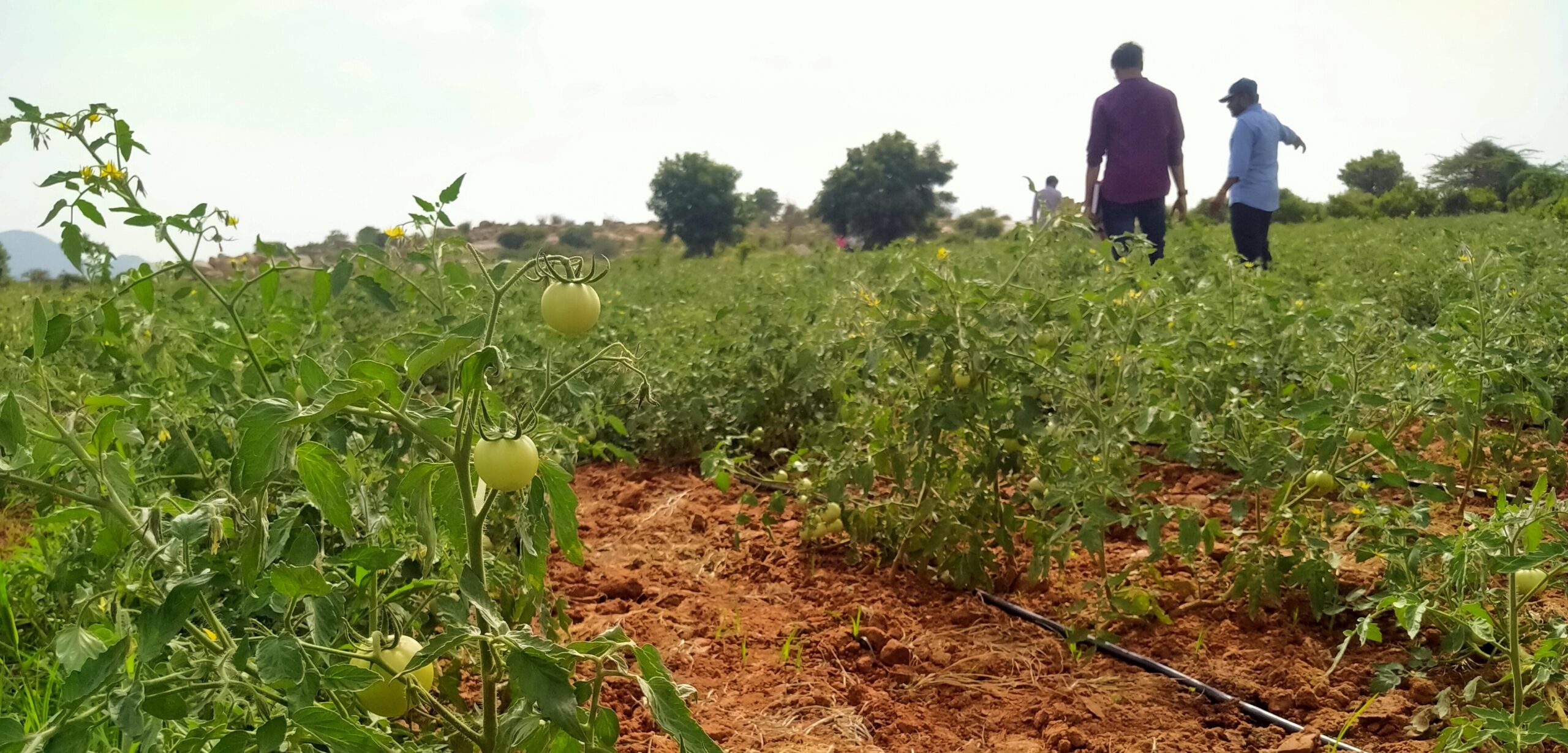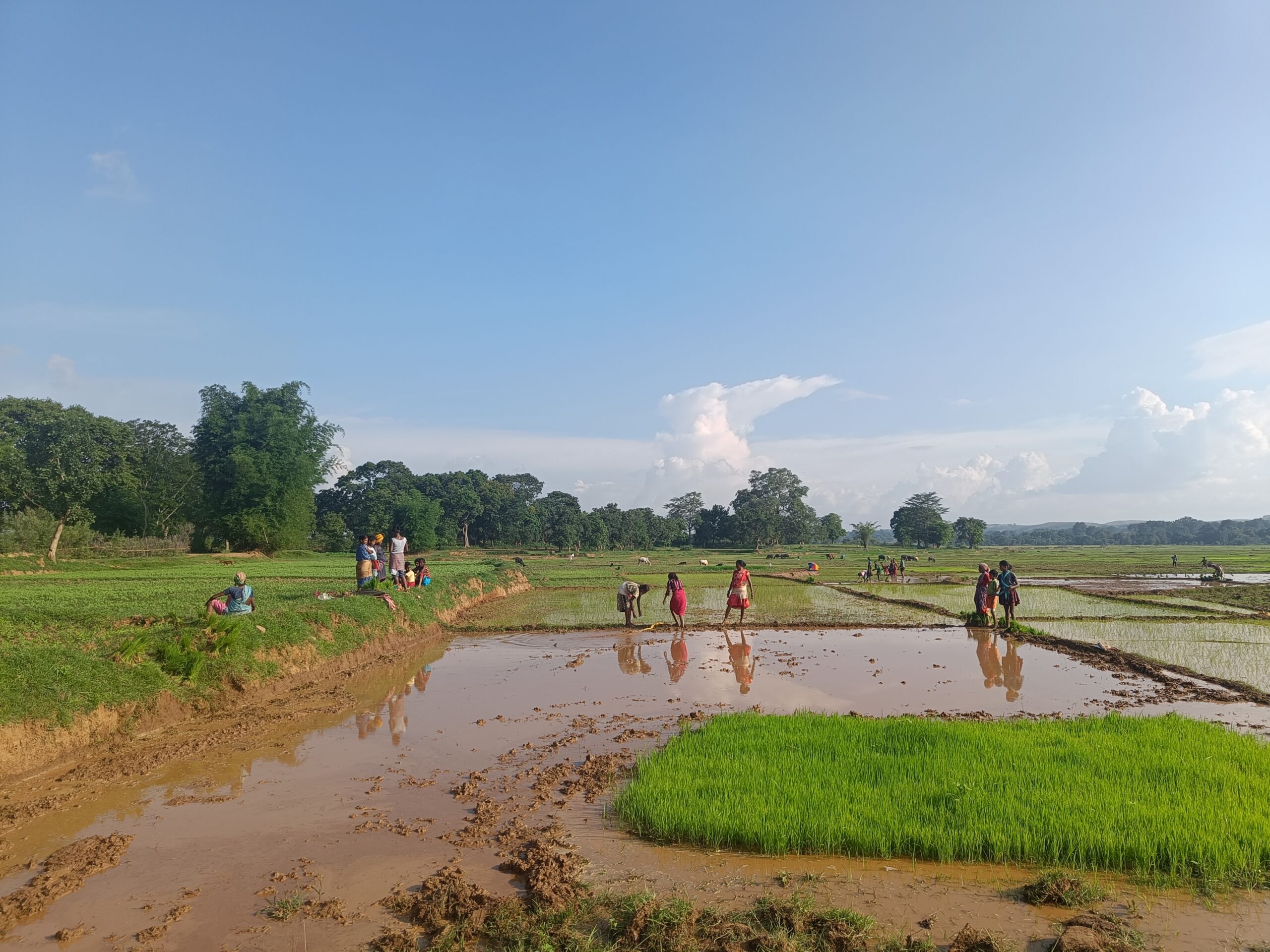Success Stories from the Green Rural Economy Initiative
In the matchmaking market, people are connected with multiple potential partners. However, not every match is successful—some connections fizzle out after the first meeting, while others lead to long-term partnerships.
The Green Rural Economy initiative’s journey of matchmaking in the social sector also had similar outcomes. Over the last year, we made 47 matches between organisations working on various themes, such as agriculture, waste management, and livelihoods. Of these, 13 resulted in productive partnerships. Our biggest wins are not the quantum of connections, but people pairing up to do meaningful work together.
Here are some success stories from the partnerships Green Rural Economy fostered:
Success Story #1: WELL Labs used its communications expertise to develop playbooks for Soil Vasu, helping him share his knowledge more effectively.
There are several organisations and individuals with in-depth knowledge and experience gained from decades of work on the ground. However, many are short on resources, budgets, and requisite skills to document their expertise. They cannot package their insights into multiple formats that might be useful for other organisations. They might also be unable to scale their work to other geographies that might benefit from their intervention. Thus, the Green Rural Economy team sought to document their knowledge, make it accessible to others, and broaden the reach of their work.
In this endeavour, we collaborated with various organisations and individuals. One of them was P Srinivas Vasu, popularly known as Soil Vasu. A veteran in capacity-building for soil health, he has conducted hundreds of workshops with farmers in Karnataka. His in-person training programmes are fun and interactive, and use visual props like charts and infographics. However, he found it challenging to document the information in engaging, user-friendly formats, especially since soil health can be a dry, technical subject.
The Green Rural Economy team worked with Soil Vasu to translate his insights and experiences into a comprehensive curriculum. Other organisations and trainers can use it to train farmers on improving soil health and agricultural yields.
This initiative built upon WELL Labs’ expertise in communications to provide a service—knowledge documentation in this case. Through the playbooks we developed, we ensured that experts could take their work to newer geographies and others could benefit from their knowledge, thus facilitating knowledge-sharing in the social sector.
Also Read | From Pilots to Scale: We Are Documenting Knowledge to Spread Effective Rural Solutions
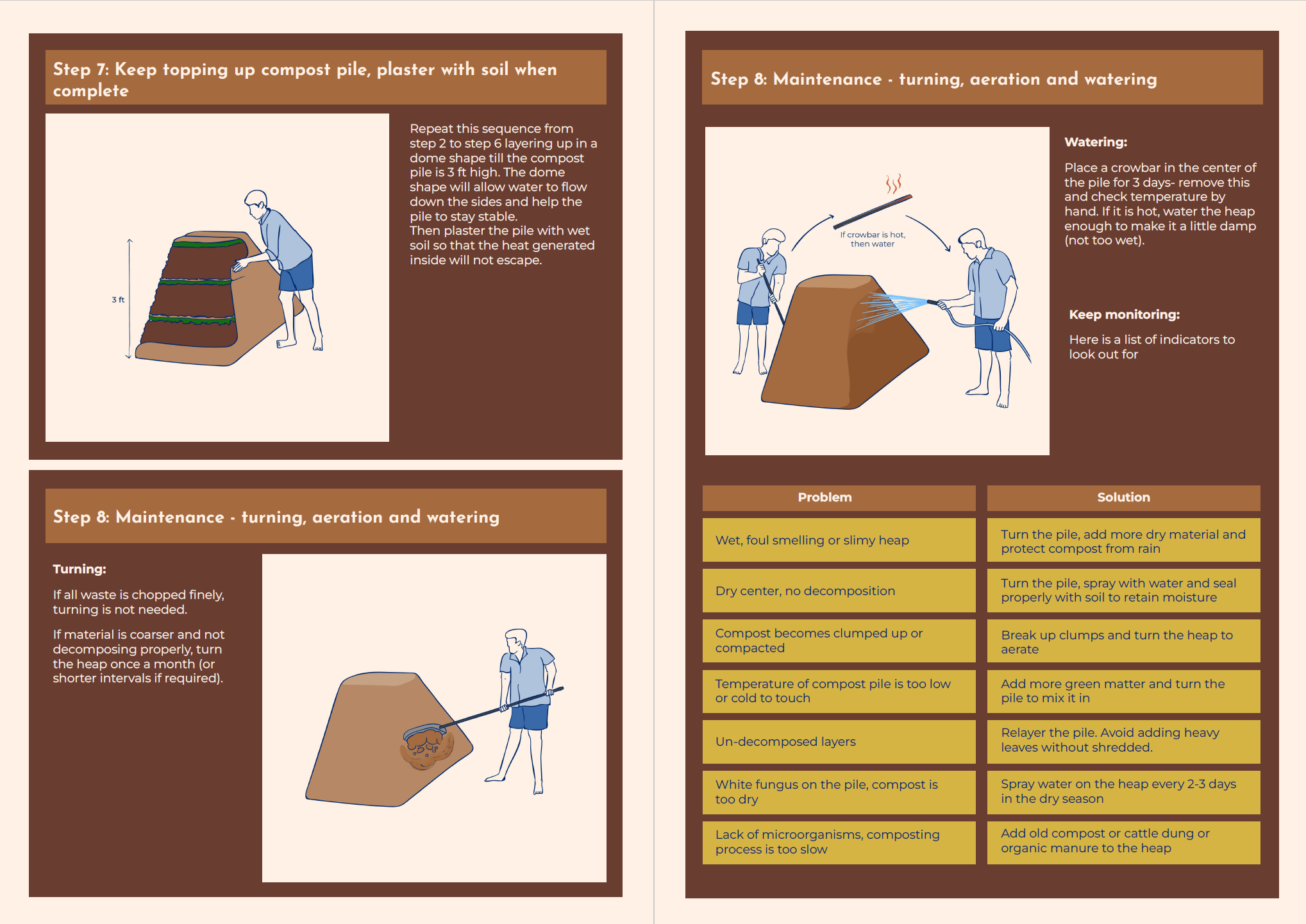
An excerpt from the playbook on soil health WELL Labs developed in collaboration with Soil Vasu
Success Story #2: Trust Community Livelihoods (TCL) and PRADAN reconnected for a partnership on regenerative agriculture.
Sometimes, matches are made not between strangers, but old friends who have lost touch. They rekindle their relationship to forge new paths together. We came across an instance of this while matchmaking between social-sector organisations.
PRADAN is a leading nonprofit working on rural livelihoods, among other issues, in many states of India. TCL is a grassroots rural entrepreneurship organisation in Uttar Pradesh. Its founder, Vinod Jain, approached us with a request to connect with someone who could improve his team’s knowledge of regenerative agriculture.
When we connected him to Nityanand Dhal at PRADAN, they realised they had worked together several years ago. After some discussions, PRADAN understood what they needed and opened its internal training programmes on regenerative agriculture to TCL team members.
For a nonprofit, providing another organisation access to an internal programme is a big step. Usually, they wait to perfect the programme before making it open source. At worst, they consider it proprietary knowledge gained through decades of hard work and hesitate to share it.
However, making training programmes available early on not only benefits participants, but also trainers. The latter get a chance to test and refine their methods. They might also be able to scale up their training to benefit more geographies and offer it as a service to expand their impact and visibility. After this partnership’s success, PRADAN aims to train more fellows who can implement the solutions they learn in their own organisations.
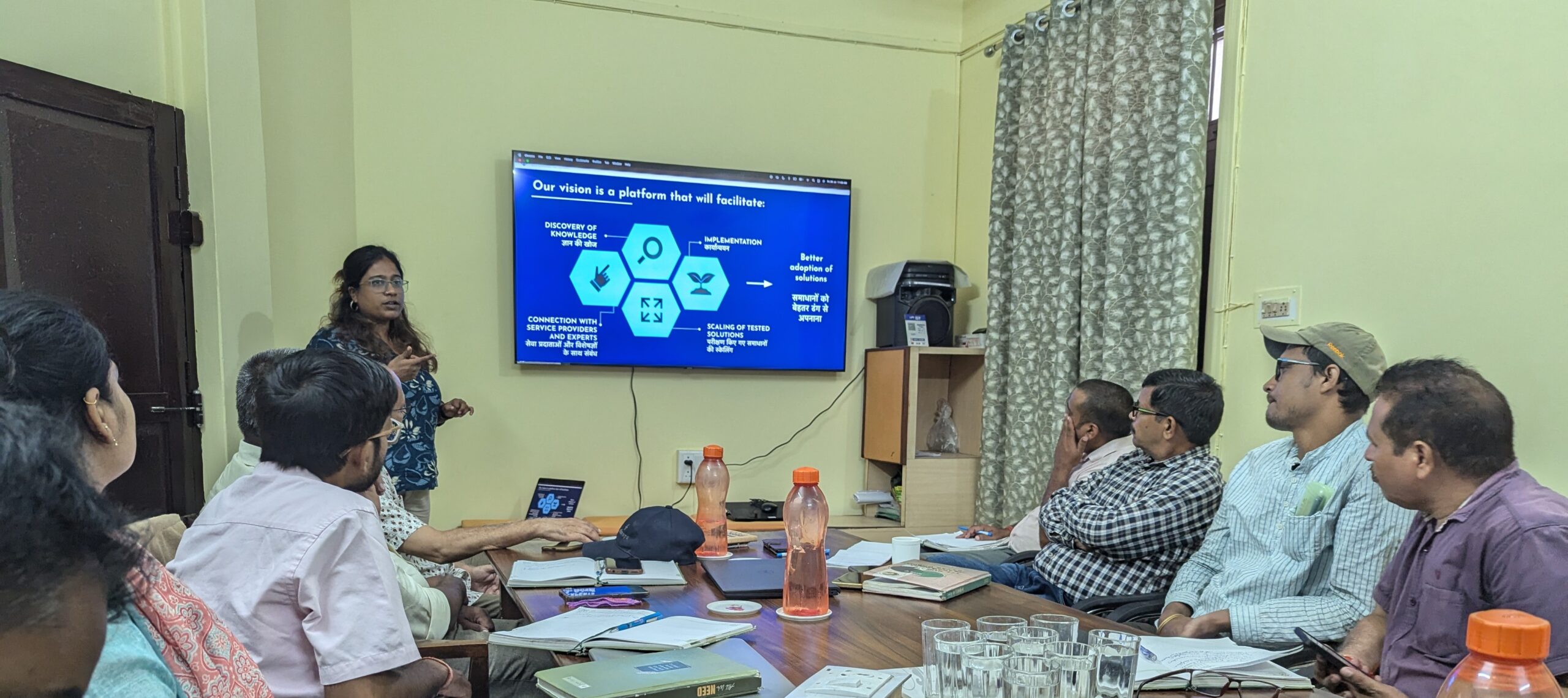
WELL Labs team members introduce the Green Rural Economy initiative to Trust Community Livelihoods (TCL) staff at their head office in Lucknow. Photo by Mohit Rao
Success Story #3: Saahas and Buzz Women used their complementary skills to jointly develop a waste management training programme.
It is truly a success story when organisations work together to not only resolve an immediate problem, but also make strides towards their respective goals. In many cases, Green Rural Economy’s ‘Clinics’ led to such long-term partnerships.
Also Read | From Doubts to Direction: How ‘Clinics’ for the Social Sector Can Spark Action and Collaboration
In one of our most successful Clinics, we introduced Karnataka-based civil society organisation Buzz Women to Saahas, who are experts in waste management. On a surface level, the two organisations have different aims. While Buzz Women supports women in becoming changemakers, Saahas manages solid waste and promotes a circular economy.
However, during the Clinic, they realised that they had complementary skills. While Sahas was worried about funding and user fees, this was Buzz Women’s strong suit—it had cultivated a cadre of community leaders, who mobilised funds for various projects. So, they decided to work together on a project in Kolar, Karnataka, where both have operations. Buzz Women took the lead on community mobilisation and fundraising, while Saahas used their technical knowledge to design training programmes regarding waste management.
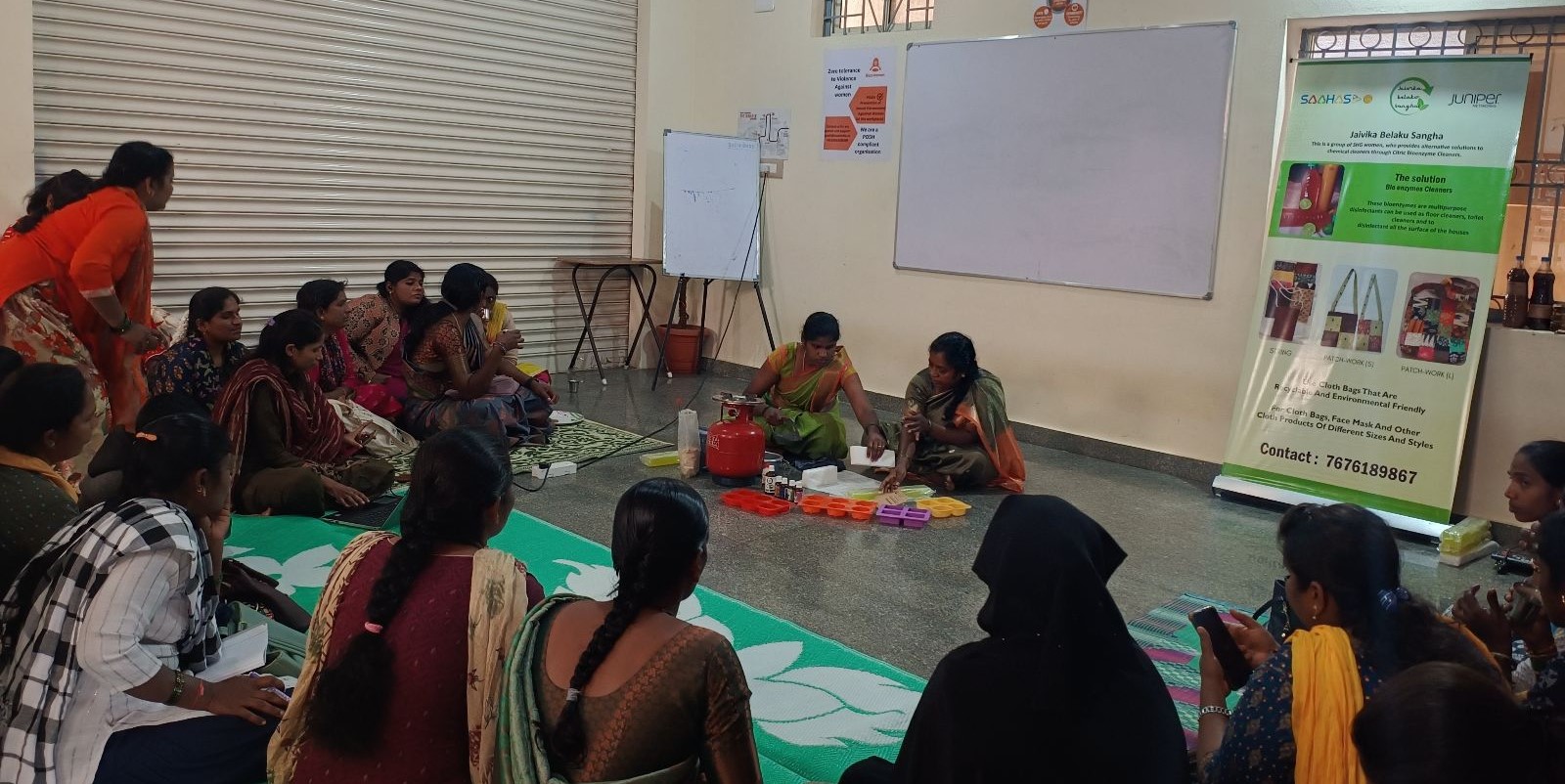
A training programme organised by Buzz Women and Saahas in Kolar, Karnataka
With the Green Rural Economy initiative, we hope to foster more such success stories. Being more networked and structured can help social-sector organisations better overcome the bottlenecks they face, break out of silos by forming mutually beneficial partnerships, and address issues comprehensively.
Acknowledgements
This work is supported by Rainmatter Foundation and Axis Bank Foundation.
With inputs from Lakshmi Pranuti Choppakatla
Edited by Archita Suryanarayanan and Syed Saad Ahmed
Follow us to stay updated about our work


